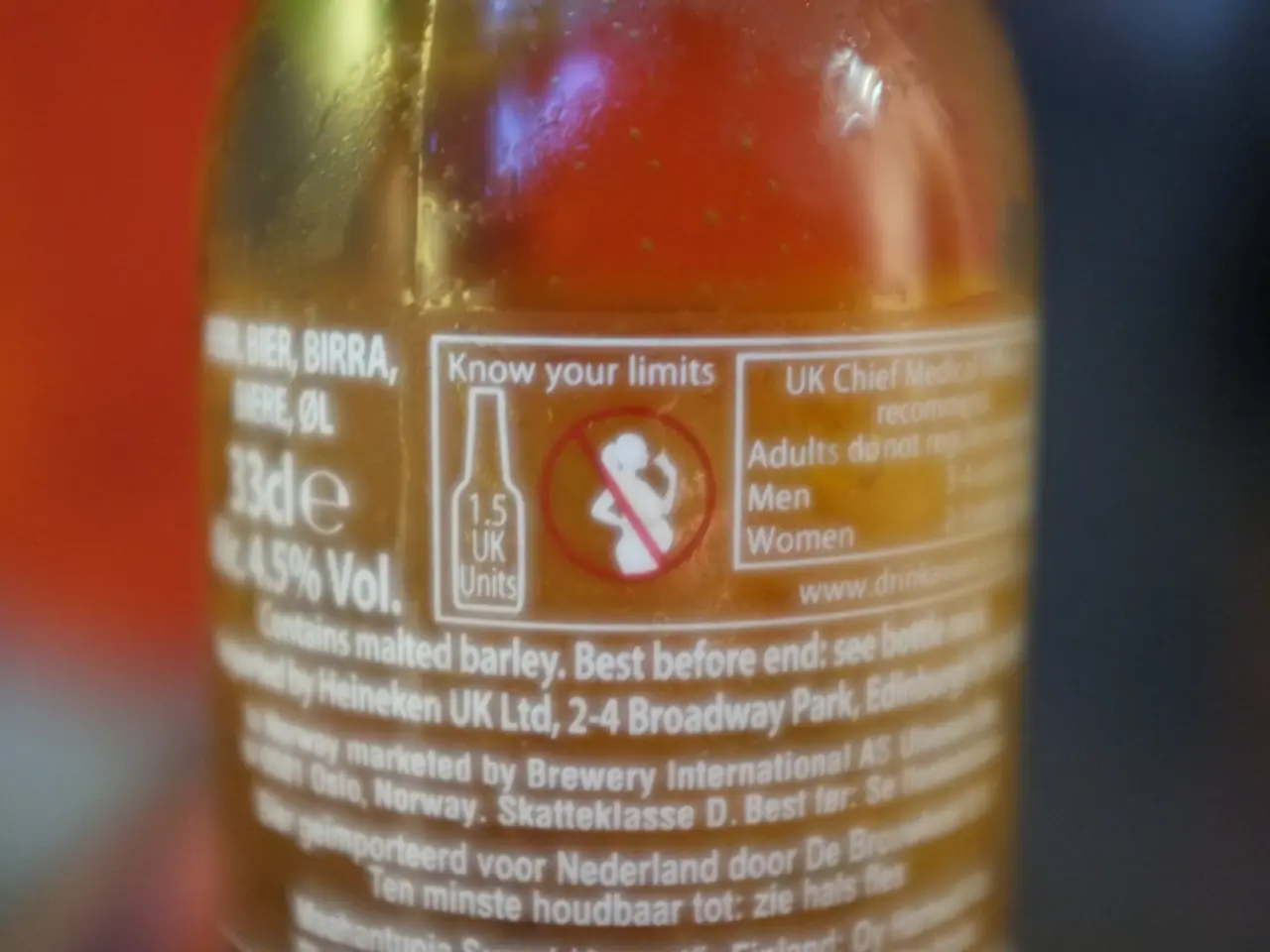Expanded Inositol Market Value Forecast at 6.5% Compound Annual Growth Rate to Reach USD 281.4 Million by 2034
In the realm of health and nutrition, a significant shift is underway as companies like DSM (now Firmenich) integrate inositol into their solutions, emphasising its potential benefits for women's health and mental wellness. This integration is part of a larger trend that is projected to see the global Inositol market grow substantially from 2025 to 2034.
According to industry reports, North America dominated the global inositol market in 2024, holding a 37.9% share, equivalent to roughly USD 56.8 million. Dietary supplements accounted for over 58.9% of the market share in the same year.
One such company capitalising on this trend is Holland & Barrett, which has expanded its private-label inositol supplements, targeting Polycystic Ovarian Syndrome (PCOS) and stress relief. The company promotes inositol as a natural alternative to synthetic supplements.
Meanwhile, Hebei Yuwei Biotechnology Co. Ltd, a leading inositol supplier, has scaled up production capacity and invested in green extraction technologies for sustainable manufacturing. This commitment to sustainability is a response to growing consumer concerns about the environmental impact of production processes.
The growth of the global inositol market is driven by several factors. Rising health and wellness trends, with increasing consumer awareness of functional ingredients like inositol that support metabolic health and mental well-being, are driving demand, especially in dietary supplements and specialized nutrition products.
Inositol is also utilised in medical research and treatment for conditions such as PCOS, where its rising prevalence and awareness boost demand for inositol-related treatments. The food and beverage industry also benefits from inositol, as it plays a role in enhancing food nutritional quality and preservation.
Moreover, the global fermentation chemicals market, of which inositol is a part, is growing at a CAGR of approximately 4.6% from 2025 to 2034, reaching USD 132.5 billion by 2034. The expansion of applications and formulations involving inositol in protein powders and dietary supplements also contributes to accelerating growth, as consumers seek convenient nutritional solutions.
Biocon and BASF are among the companies expanding their nutritional ingredients portfolios to meet the growing demand in dietary supplements and pharmaceuticals. Biocon, for instance, has invested in biosynthetic inositol production for diabetes and PCOS treatments, conducting clinical trials to validate inositol's efficacy in managing insulin resistance.
Inositol's minimal side effects and natural origin have made it a preferred ingredient in the supplement industry. As consumer interest in supplements for mental health, hormonal balance, and metabolic support continues to grow, the global inositol market is poised for continued growth in 2025 and beyond.
People interested in natural alternatives for health and mental well-being may find solace in sports, as some research suggests that inositol, a functional ingredient growing in popularity, can support metabolic health and mental well-being. This growth in the use of inositol is not limited to the health sector, as it is also being incorporated in the food and beverage industry to enhance food nutritional quality and preservation.







